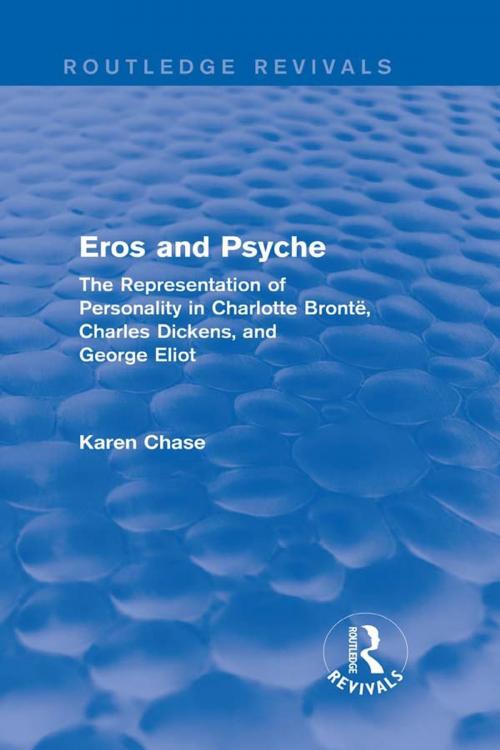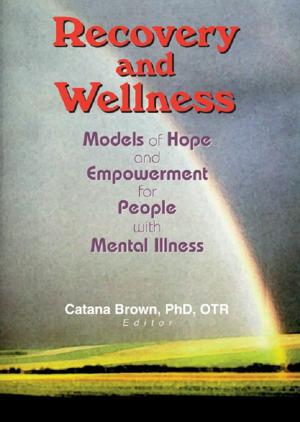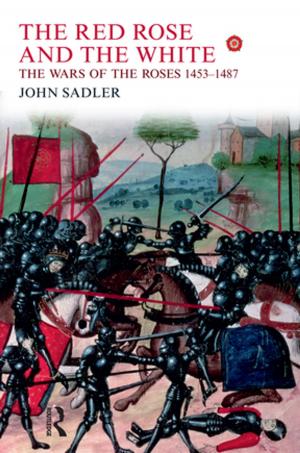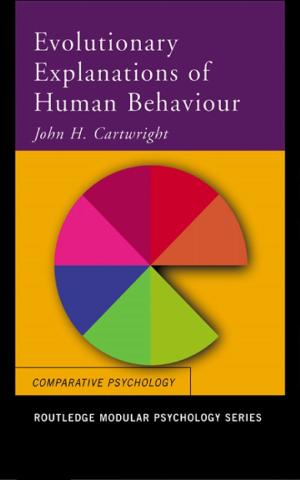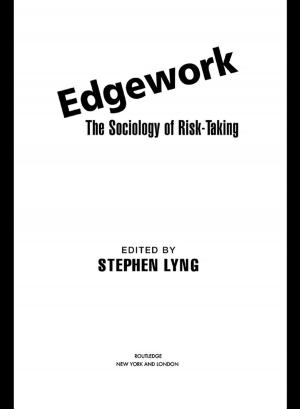Eros and Psyche (Routledge Revivals)
The Representation of Personality in Charlotte Brontë, Charles Dickens, George Eliot
Fiction & Literature, Literary Theory & Criticism, Women Authors, British| Author: | Karen Chase | ISBN: | 9781317675464 |
| Publisher: | Taylor and Francis | Publication: | June 3, 2014 |
| Imprint: | Routledge | Language: | English |
| Author: | Karen Chase |
| ISBN: | 9781317675464 |
| Publisher: | Taylor and Francis |
| Publication: | June 3, 2014 |
| Imprint: | Routledge |
| Language: | English |
How does Victorian fiction represent personality? How does it express emotion and how does it imagine the mind? These questions stand at the centre of Eros and Psyche, first published in 1984. In examining how three authors – Charlotte Brontë, Charles Dickens and George Eliot – depict the mind and organise emotion, Chase approaches their works as expressive structures, and analyses their struggle to accommodate rival imperatives in depicting personality: desire and duty, guilt and innocence, love and autonomy.
The title begins with Brontë’s early Angrian tales, which introduce the problem that unifies the book: the attempt of Victorian fiction to escape the constraints of the romance mode, while assimilating its energies. There follow readings of The Pickwick Papers, Jane Eyre, Bleak House, and Middlemarch, in the light of such problems as confinement and exposure in Brontë, tragic doubt in Dickens, and the image of the moral mind in George Eliot.
How does Victorian fiction represent personality? How does it express emotion and how does it imagine the mind? These questions stand at the centre of Eros and Psyche, first published in 1984. In examining how three authors – Charlotte Brontë, Charles Dickens and George Eliot – depict the mind and organise emotion, Chase approaches their works as expressive structures, and analyses their struggle to accommodate rival imperatives in depicting personality: desire and duty, guilt and innocence, love and autonomy.
The title begins with Brontë’s early Angrian tales, which introduce the problem that unifies the book: the attempt of Victorian fiction to escape the constraints of the romance mode, while assimilating its energies. There follow readings of The Pickwick Papers, Jane Eyre, Bleak House, and Middlemarch, in the light of such problems as confinement and exposure in Brontë, tragic doubt in Dickens, and the image of the moral mind in George Eliot.
